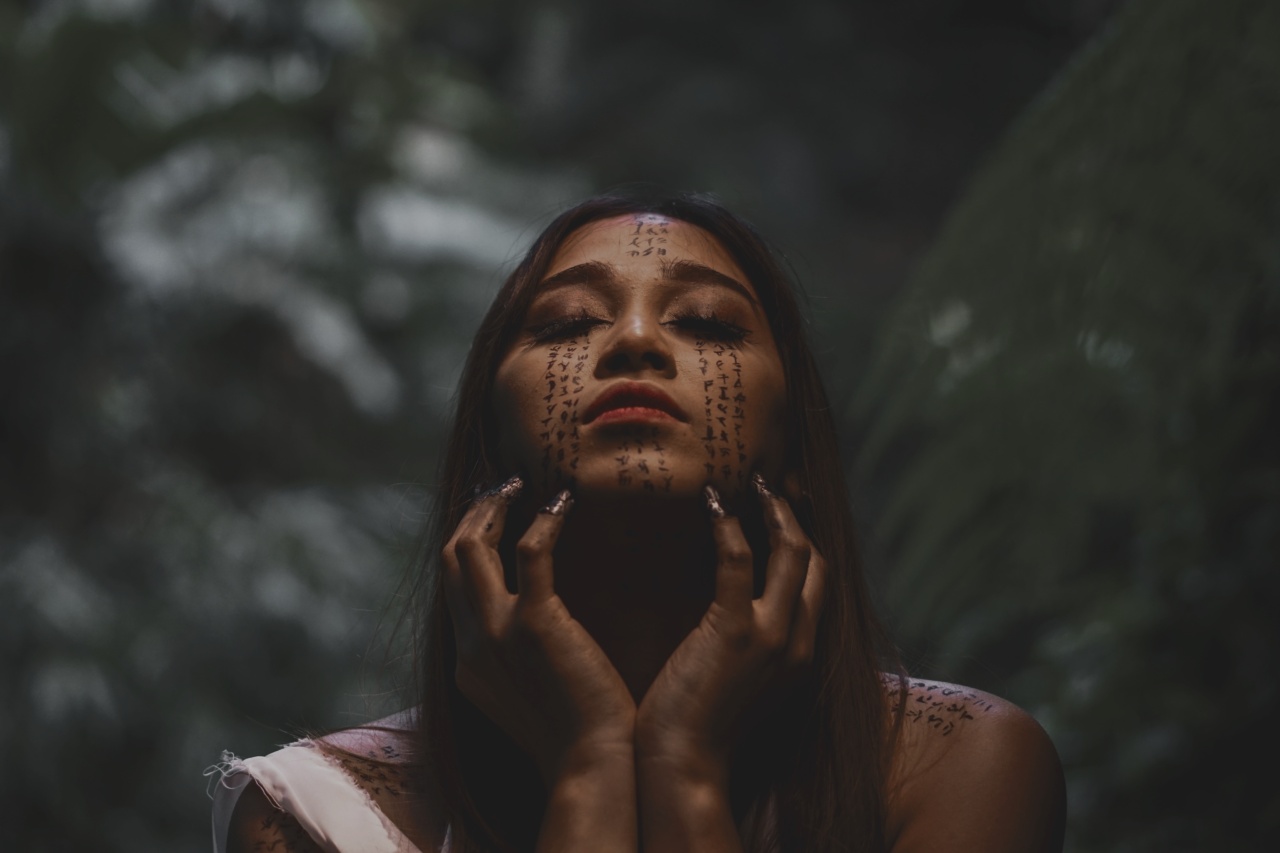Tattoos are a common form of body modification that have been around for thousands of years. While most people go through the tattoo process without any problems, there are some individuals who experience skin reactions to tattoos.
These reactions can range from mild irritation to severe allergic reactions, and it’s essential to understand the causes, symptoms, and treatments available for these skin reactions.
Causes of skin reactions to tattoos
Skin reactions to tattoos are usually caused by an immune response to the tattoo ink or metal pigments used in the tattoo. Certain ink pigments, such as red and yellow, are more prone to causing skin reactions due to the ingredients used to create them.
Additionally, some people may be allergic to the metals used in tattoo pigments, such as nickel, cadmium, and mercury. Other factors that can contribute to skin reactions include poor aftercare, sun exposure, and improper tattooing techniques.
Symptoms of skin reactions to tattoos
The symptoms of skin reactions to tattoos can vary from person to person. Most commonly, individuals may experience mild swelling, redness, and itching around the tattoo area. Other symptoms can include blisters, rashes, and scarring.
In severe cases, there may be difficulty breathing, chest pain, or other allergic reactions that require immediate medical attention.
Treatments for skin reactions to tattoos
If you experience a skin reaction to a tattoo, the first step is to consult with a dermatologist or healthcare professional. They can help identify the cause of the reaction and provide appropriate treatment.
In many cases, mild reactions can be treated at home with over-the-counter creams or ointments to reduce itching and swelling.
For more severe reactions, prescription medications such as antihistamines, corticosteroids, or antibiotics may be necessary. In rare cases, the tattoo may need to be surgically removed if it causes a severe allergic reaction.
Prevention of skin reactions to tattoos
Preventing skin reactions to tattoos can be achieved by following proper tattoo aftercare instructions.
After getting a tattoo, it’s important to keep the area clean and dry, avoid direct sunlight, and use a fragrance-free, hypoallergenic moisturizer to help soothe and protect the skin. It’s also essential to choose a reputable tattoo artist who uses high-quality, non-toxic ink and operates in a clean and sterile environment.
Conclusion
Skin reactions to tattoos are a common yet often overlooked issue that can cause discomfort or even severe allergic reactions.
By understanding the causes, symptoms, and treatments available for these reactions, individuals can take the necessary steps to protect their skin and enjoy their tattoos safely.































